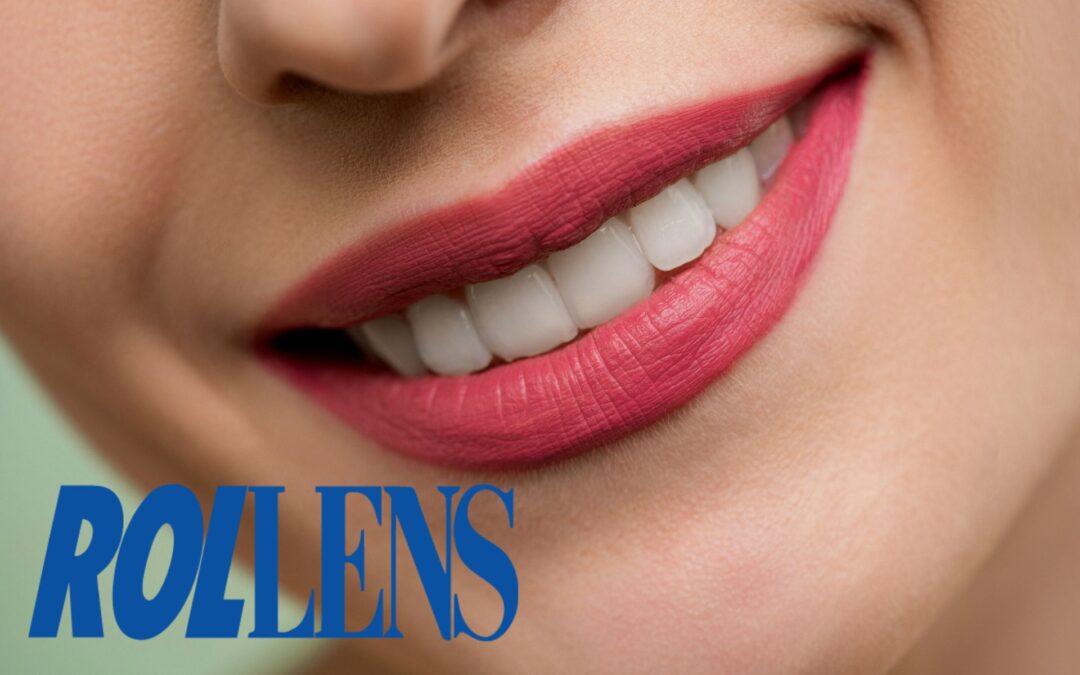Tips for Educating Patients on Better Mouth Health
We are constantly bombarded with health information online these days. Unfortunately, anyone can be an expert online. That is why it is so important for dentists to educate their patients on what actually helps them have a healthier smile.
Ways to Educate Your Patients
We know that you see your patients every once in a while, but they don’t have to have an appointment for you to give them educational information about how to have a healthy mouth. Besides speaking with patients in the exam room, here are some other ways to share educational information with them:
- Blog posts
- Monthly or bi-weekly newsletters
- Social posts
The more places you can meet your patients where they are (which is online), the better! And they know that they can count on their dentist to give them accurate information. Not only does this help educate your patients so they have better mouth health, but these educational formats also help with your marketing and position you as a thought leader in your industry, helping build trust between you and your patients. That’s what we like to call a win-win!
Now, here’s a handy reminder list of some important tips for mouth health for your patients.
1 | Proper Brushing Techniques
Many patients don’t brush long enough or brush too hard. Remind them to brush for two minutes at least twice a day, using gentle circular motions. Recommend your preferred fluoride toothpaste. Also let patients know they shouldn’t forget their tongue either!
2 | Floss and Mouthwash
Unless patients want a stinky mouth, remind them to floss and use mouthwash. Most patients hate flossing so you’ll need to give them gentle reminders on how important it is to floss at least once a day because it removes plaque (which causes bad breath) that the toothbrush just can’t reach. Also remind them that plaque buildup can lead to gum disease and tooth decay. Research has even linked plaque buildup to an increased risk of cardiovascular problems and Alzheimer’s! Mouthwash should be used after brushing to eliminate bacteria, strengthen the enamel, and prevent tooth decay and gum disease. And it can also help freshen breath!
3 | Eat a Tooth-Healthy Diet
Eating foods that are better for the teeth instead of sugary foods, such as candy, can keep teeth healthier. Instead of sugary snacks, patients should snack on veggies, fruits, and cheese. If they want to chew some gum, recommend sugar-free options.
Patients should also choose water over sugary drinks. Not only will it keep them better hydrated, but they won’t rot out their teeth! Plus, staying hydrated helps you produce enough saliva to keep your mouth and teeth clean, not to mention that dry mouth is uncomfortable and can make your mouth stinky.
Finally, remind them to not chew on hard items. Hard candies, ice, cough drops, and even non-food items like pen caps and fingernails can damage teeth.
4 | Toothbrush Care
Tools matter! If your patient can afford to upgrade to an electric toothbrush, give them your product recommendation. Now there are smart toothbrushes with an app that can help your patients do a better job of brushing, which we think is amazing! But no matter the type of toothbrush your patients use, remind them to care for their toothbrush by:
- Washing all leftover toothpaste off
- Storing it upright and exposed to air so that it can dry after each use
- Replacing the toothbrush or toothbrush head at least every three months as the bristles will become less effective around that time
5 | Visit the Dentist
Encourage patients to regularly visit the dentist. It’s recommended that they come in at least twice a year for a cleaning, which can also help with preventative care. This can help patients come in less often and avoid bigger problems and dental bills down the line.
Bonus Tip: Here’s a tip for you! Be sure to use Rollens protective eyewear during exams. Our lenses are made right here in America and feature a one-size-fits-all design. They are comfortable, lightweight, and help protect patients’ eyes from the glare of exam room lights and splashes that happen during procedures. Our products are disposable, meaning you don’t have to worry about cleaning and disinfecting protective eyewear between each patient! Patients can even take them and use them as sunglasses if you opt for the gray lenses. Or for less waste, try our new EcoLens, which is compostable and made of recycled materials.

